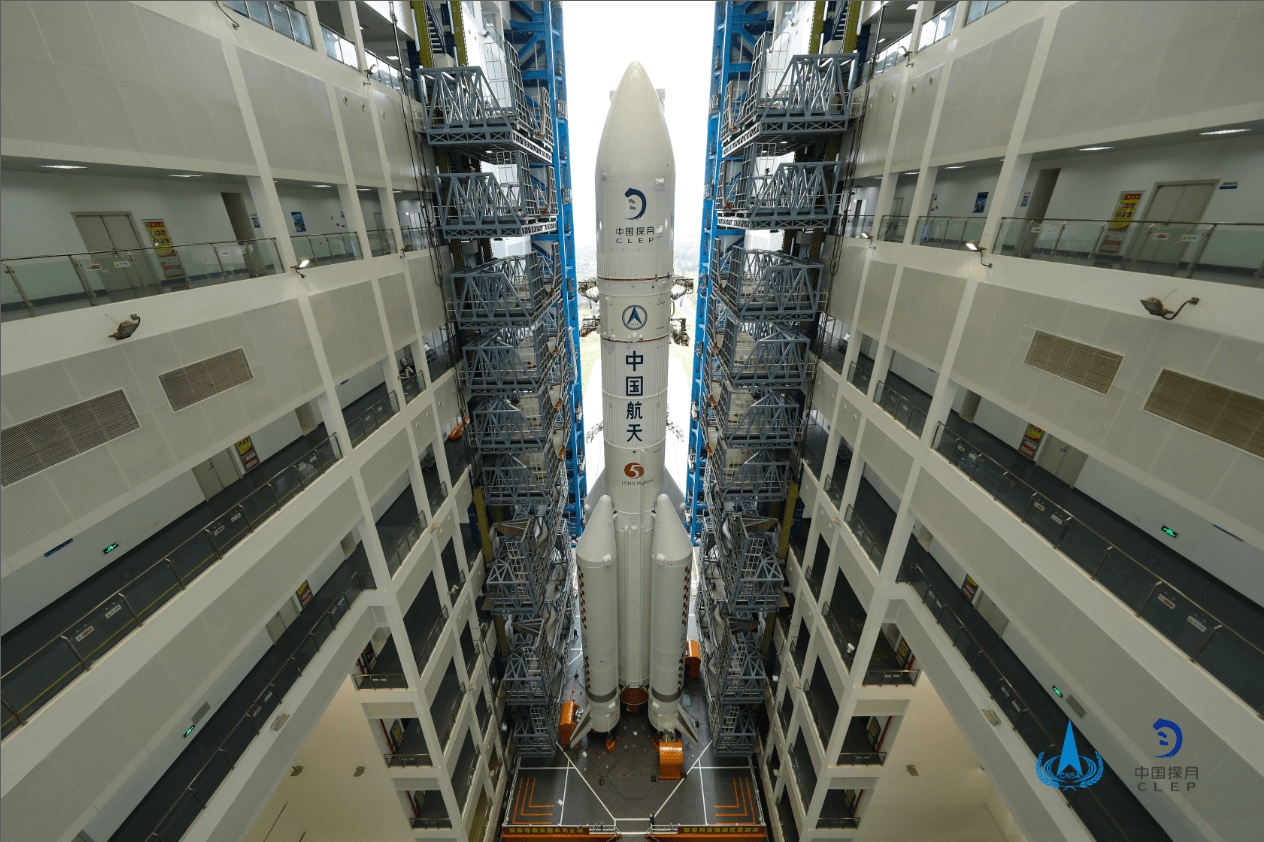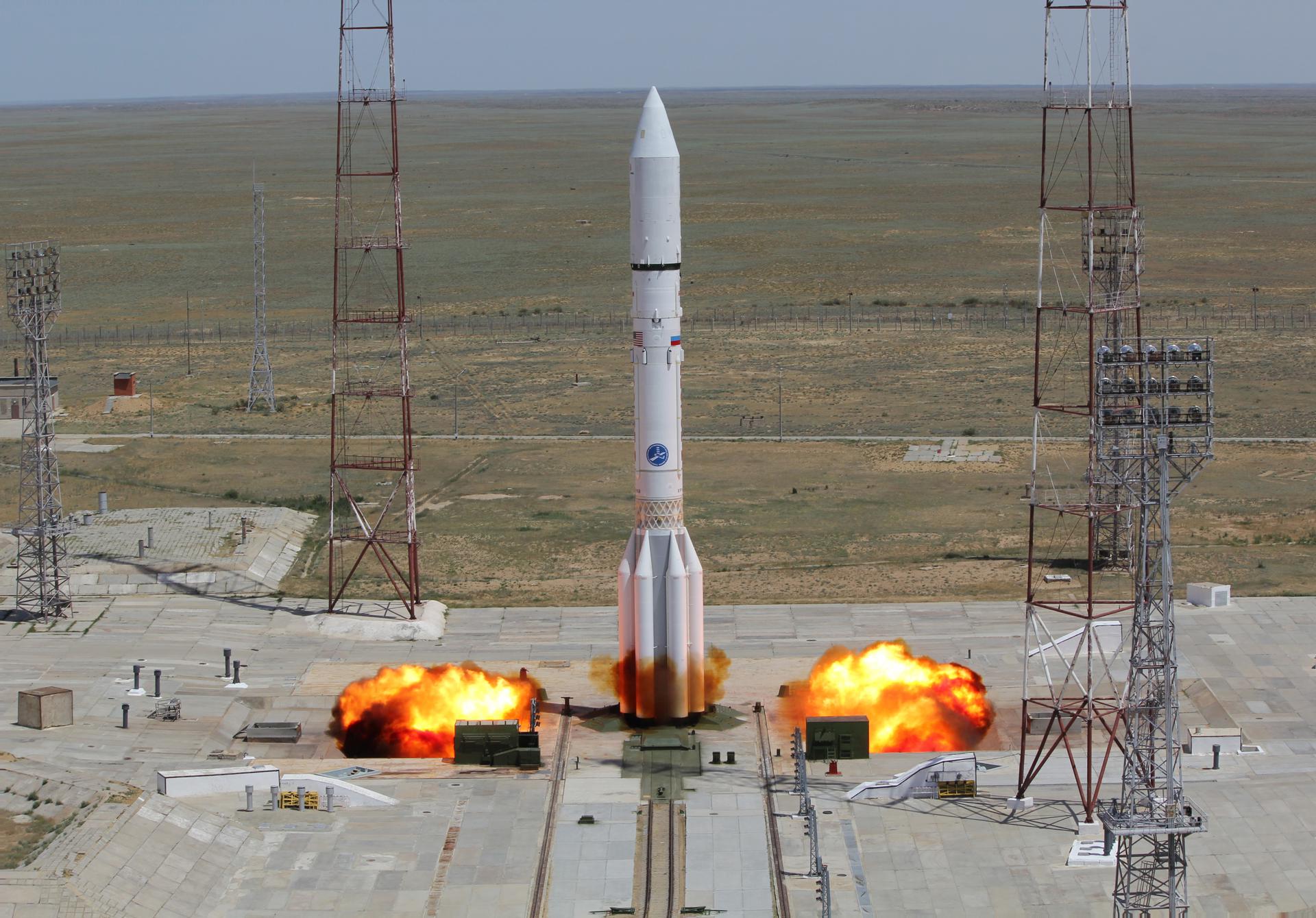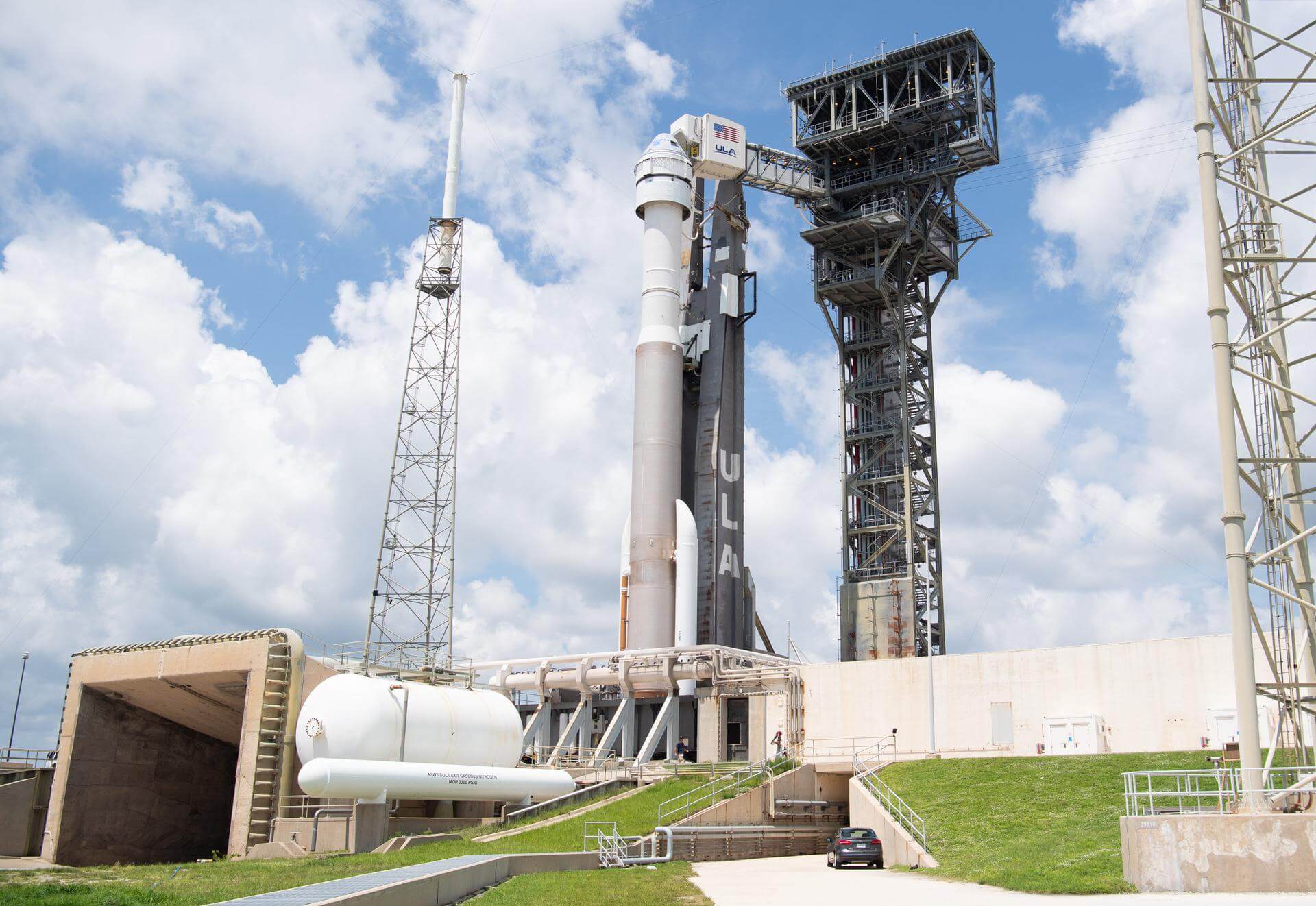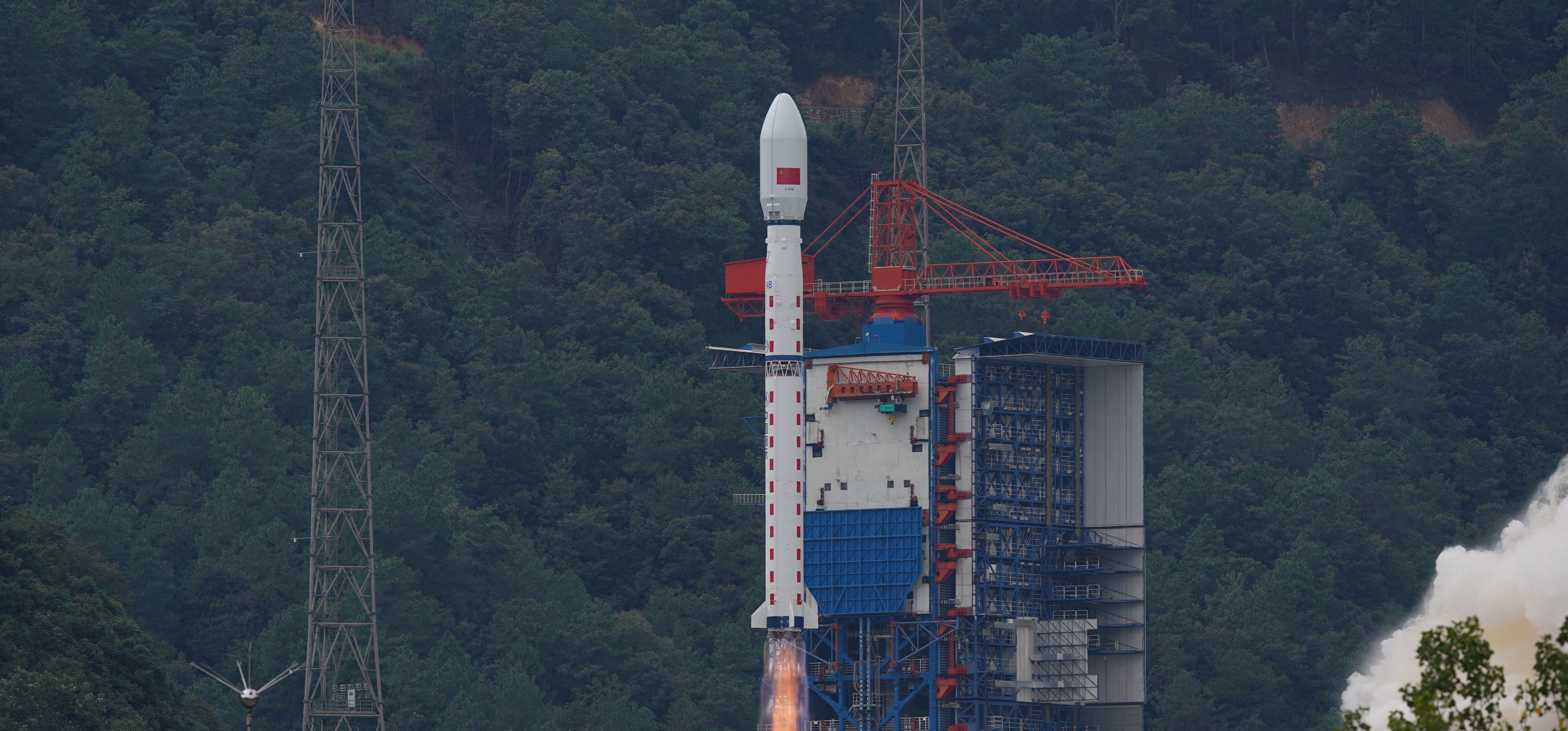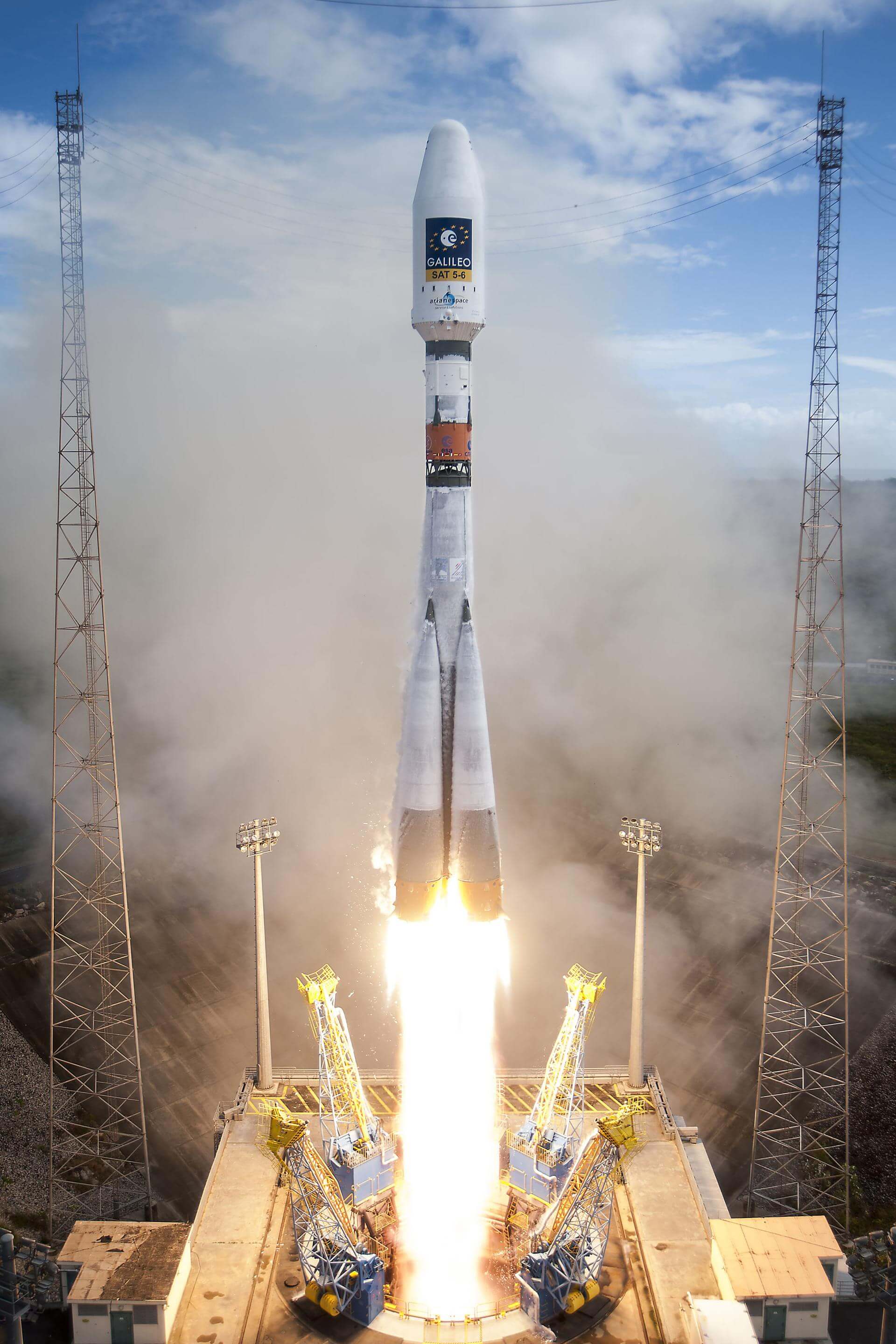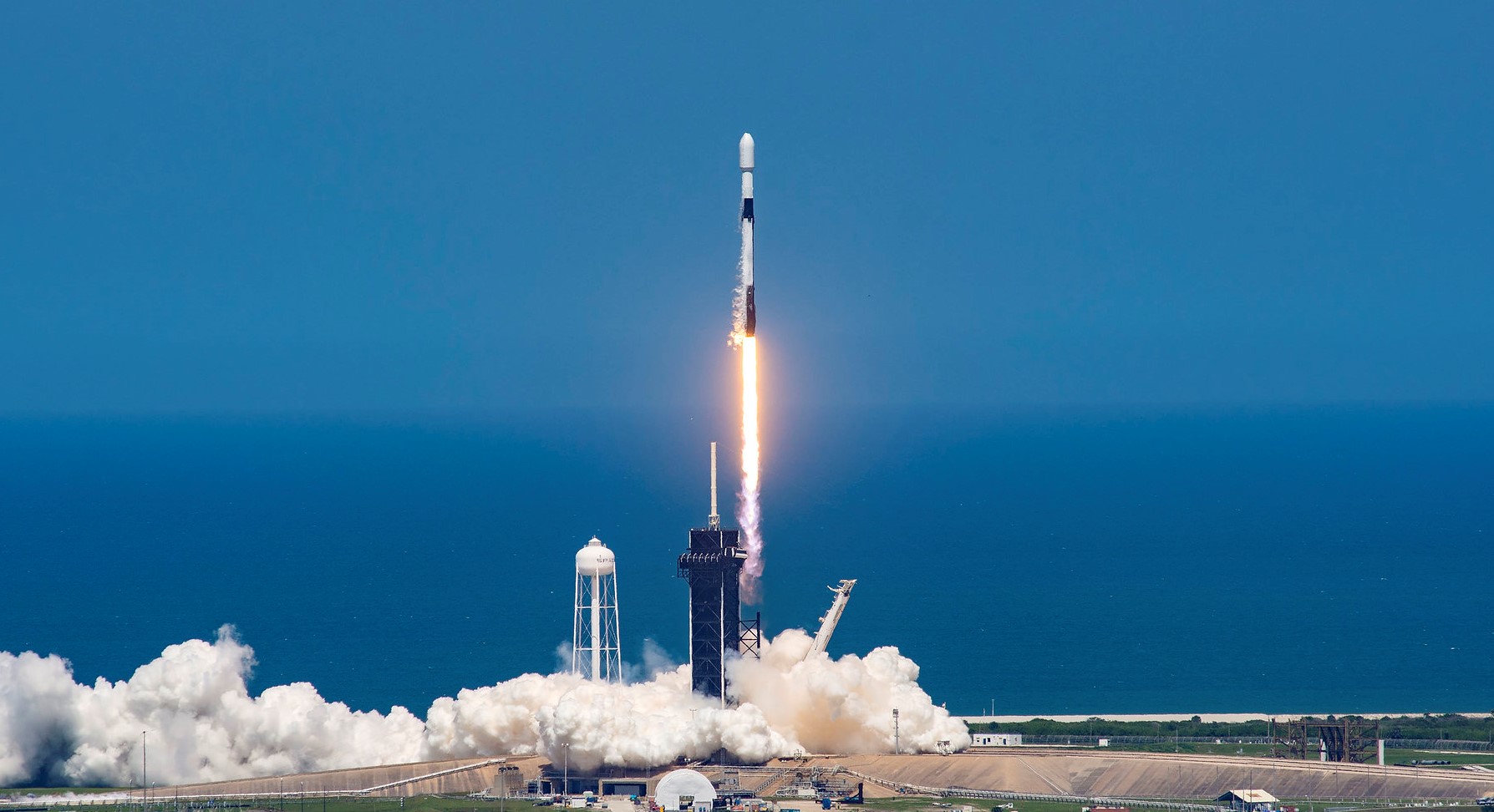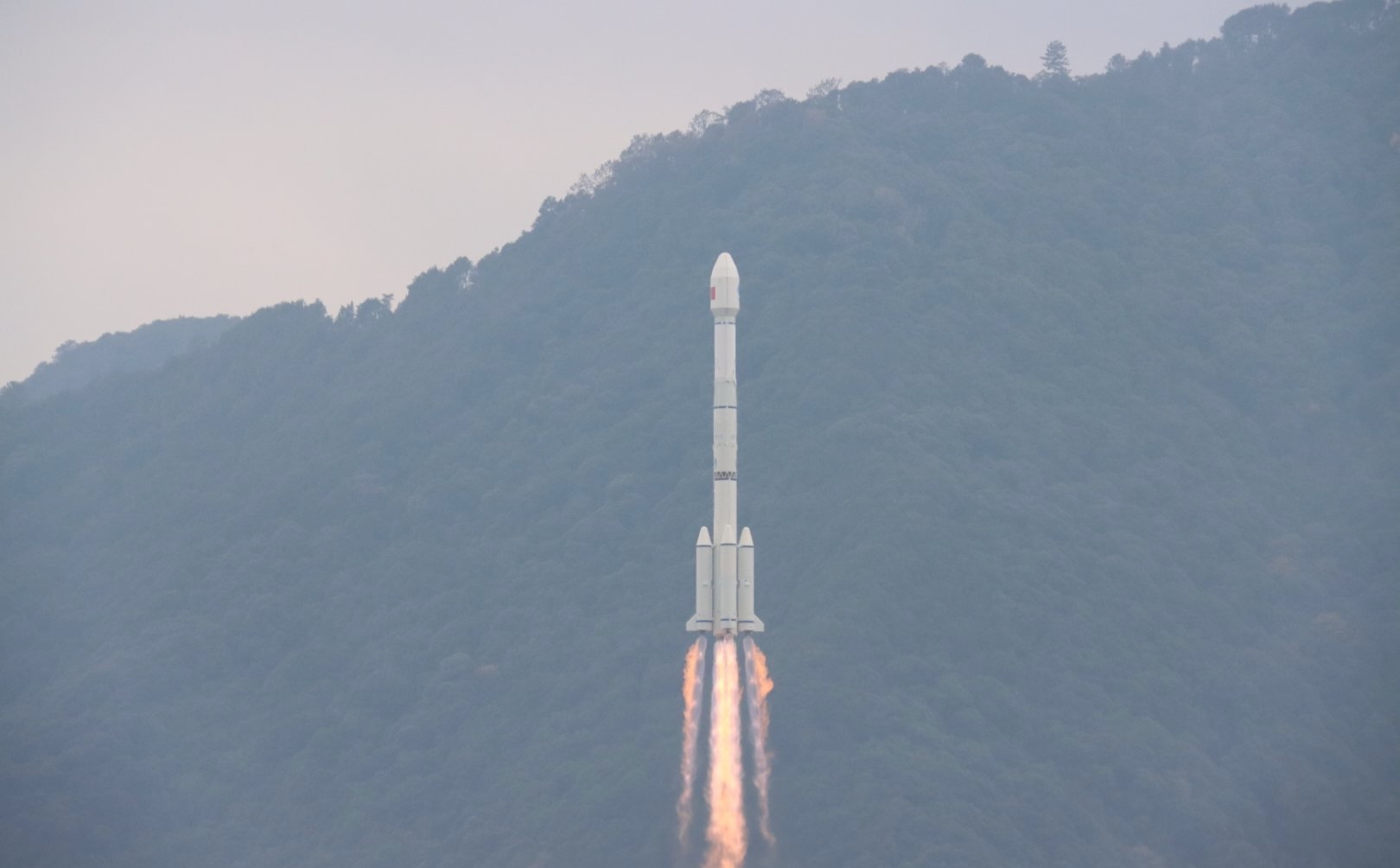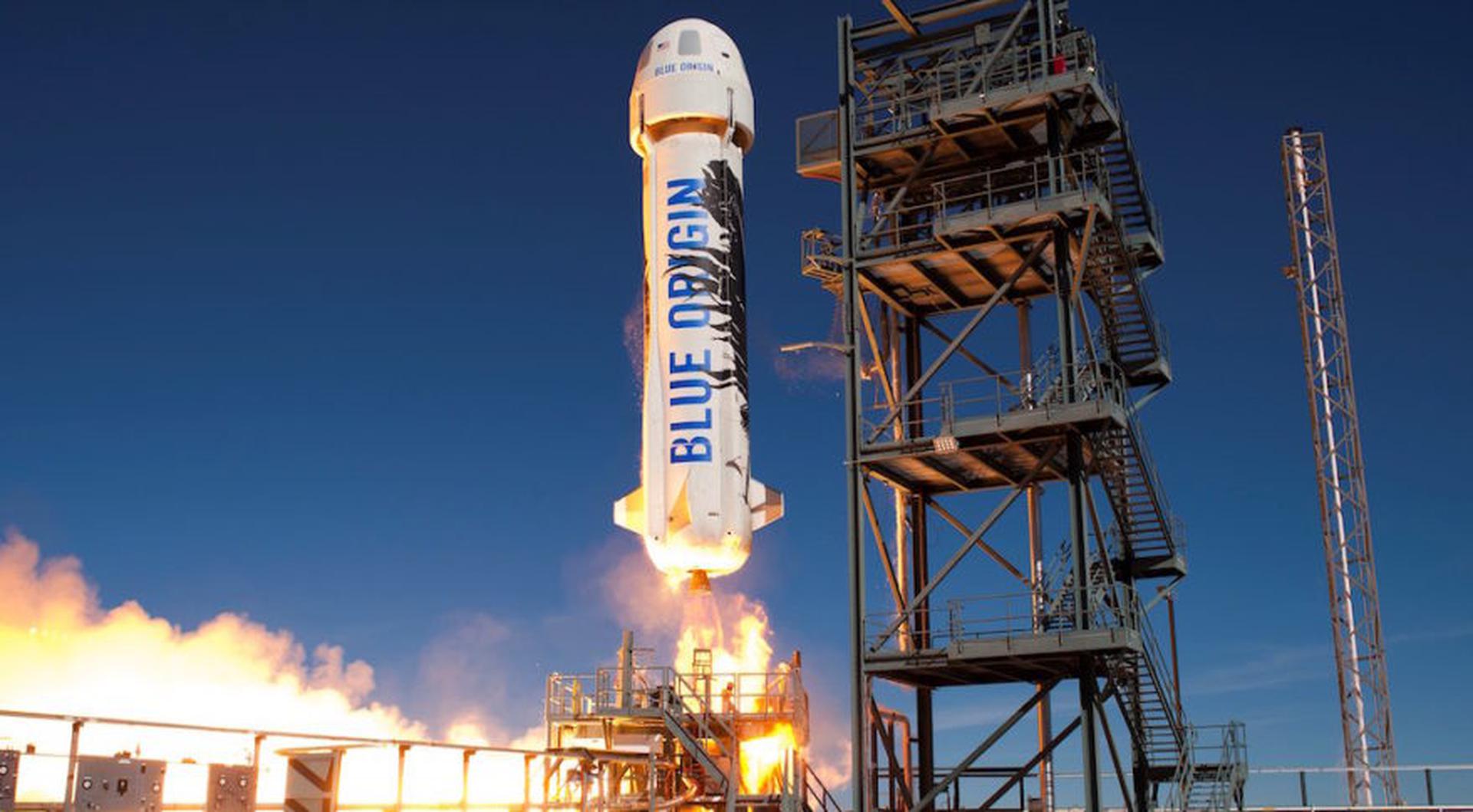Previous Spaceflight Launches
Filter by Agency, Locations or Vehicles
Show All LaunchesFalcon 9 Block 5 | Starlink 2
SpaceX | United States of AmericaCape Canaveral SFS, FL, USA
Jan. 7, 2020, 2:19 a.m.
Long March 5 | Shijian 20
China Aerospace Science and Technology Corporation | ChinaWenchang Space Launch Site, People's Republic of China
Dec. 27, 2019, 12:45 p.m.
Rokot/Briz-KM | Gonets-M24, Gonets-M25, Gonets-M26 & Blits-M
Russian Aerospace Defence Forces | RussiaPlesetsk Cosmodrome, Russian Federation
Dec. 26, 2019, 11:11 p.m.
Status: Launch Successful
Mission:
Gonets-M are an upgraded version of Gonets satellites, derived from military communications system Strela-3. Gonets-M constellation is tasked with monitoring ecological and industrial objects, providing communication and data transmission services, covering also the remote areas like the Far North region. Gonets-M satellites share the ride with the Blits-M microsatellite, which is a geodesic satellite tasked with determining precise orbit parameters for GLONASS satellites.
Low Earth OrbitProton-M/Blok DM-03 | Elektro-L No.3
Khrunichev State Research and Production Space Center | RussiaBaikonur Cosmodrome, Republic of Kazakhstan
Dec. 24, 2019, 12:03 p.m.
Status: Launch Successful
Mission:
Elektro-L is a series of meteorological satellites developed for the Russian Federal Space Agency by NPO Lavochkin. They are designed to capture real-time images of clouds and the Earth’s underlying surface, heliogeophysical measurements, collection and translating hydrometeorological and service data.
Geostationary Transfer OrbitAtlas V N22 | CST-100 Starliner Orbital Flight Test
United Launch Alliance | United States of AmericaCape Canaveral SFS, FL, USA
Dec. 20, 2019, 11:36 a.m.
Status: Launch Successful
Mission:
This is the first test flight of Starliner spacecraft to the International Space Station. Although Atlas V and Centaur upper stage successfully put Starliner into planned trajectory, the spacecraft was unable to perform a nominal orbital insertion. Preliminary analysis indicate that Mission Elapsed Time (MET) system error led to Starliner burning more fuel than expected. Spacecraft is healthy and in stable orbit, but won't be able to reach and dock with ISS. Landing at White Sands Facility is planned on Dec 22.
Low Earth OrbitLong March 4B | CBERS-4A
China Aerospace Science and Technology Corporation | ChinaTaiyuan Satellite Launch Center, People's Republic of China
Dec. 20, 2019, 3:22 a.m.
Status: Launch Successful
Mission:
On April 24, 2015, China and Brazil have signed the agreement for the construction of CBERS-4A. It's a third satellite in the continuity to the CBERS program, and a sixth CBERS satellite to be constructed. The CBERS satellites enhance and complement the existing remote sensing systems in an effort to improve our knowledge about the Earth environment and resources.
Sun-Synchronous OrbitSoyuz STB/Fregat | CSG-1, CHEOPS, & others
Progress Rocket Space Center | RussiaGuiana Space Centre, French Guiana
Dec. 18, 2019, 8:54 a.m.
Status: Launch Successful
Mission:
The COSMO-SkyMed Second Generation satellite (CSG-1) is an Earth observation spacecraft featuring state-of-the-art technologies and engineering solutions, further bolstering Italian leadership in this sector. It's one out of two satellites to replace the first generation COSMO-SkyMed system. This second-generation system, including its ground segment, will set a new performance standard for space-based radar observation systems in terms of precision, image quality and the flexibility of user services. It is a dual (civil/military) system, designed to address the requirements of both commercial and government customers, as well as the scientific community. The COSMO-SkyMed Second Generation satellites are equipped with synthetic aperture radar (SAR), capable of observations under any weather or light conditions, day or night. The Characterising Exoplanet Satellite (CHEOPS) is an ESA mission implemented in partnership – in particular with Switzerland. CHEOPS is the first mission dedicated to studying bright, nearby stars that already are known to host exoplanets in order to make high-precision observations of the planet's size as it passes in front of its host star. The spacecraft will focus on planets in the super-Earth to Neptune size range, with its data enabling the bulk density of the planets to be derived – a first characterization step towards understanding these alien worlds. Flight also includes 3 auxiliary payloads: OPS-SAT, EyeSat, ANGELS. OPS-SAT is the world’s first free-for-use, in-orbit test bed for new software, applications and techniques in satellite control. It enables new software to be tested in orbit. In the first year of operation, OPS-SAT will host over 100 in-flight experiments submitted from many ESA Member States. EyeSat is a 3U CubeSat designed to study the zodiacal light and image the Milky Way. It's fitted with an instrument called IRIS, which is a small space telescope. ANGELS is a 12U CubeSat, and is the French industry’s first nanosatellite. The satellite will be fitted with a miniaturized ARGOS Néo instrument, which is 10-times smaller than the equivalent previous-generation device. The instrument collects and determines the position of low-power signals and messages sent by the 20,000 ARGOS beacons now in service worldwide.
Sun-Synchronous OrbitFalcon 9 Block 5 | JCSAT-18/KACIFIC-1
SpaceX | United States of AmericaCape Canaveral SFS, FL, USA
Dec. 17, 2019, 12:10 a.m.
Status: Launch Successful
Mission:
JCSAT-18/KACIFIC-1 is a joint high-throughput communications satellite for Sky Perfect JSAT Corp. of Japan and a Singapore telecommunications company Kacific Broadband Satellites. Satellite will provide mobile telephone, data and internet services throughout the Asia-Pacific region. The JCSAT-18 payload will provide Ku-band coverage and improve mobile and broadband services for SKY Perfect JSAT Corporation customers in the Asia-Pacific region, including the far eastern part of Russia. The satellite features technologies in the power subsystem to achieve highest efficiencies, and it also features command and data handling technologies to provide a more secure spacecraft. The KACIFIC-1 payload is designed to deliver uncontended broadband throughput via 56 Ka-band narrow beams, each having a capacity up to 1.25 Gbps, with the highest signal power ever achieved in the region. The beams are selectively tailored to cover precise pockets of demand in a geographically dispersed footprint of 20 Pacific and South East Asian nations.
B1056 - Flight Proven ( ) Of Course I Still Love YouLong March 3B/YZ-1 | Beidou-3 M19 & M20
China Aerospace Science and Technology Corporation | ChinaXichang Satellite Launch Center, People's Republic of China
Dec. 16, 2019, 7:22 a.m.
New Shepard | NS-12
Blue Origin | United States of AmericaCorn Ranch, Van Horn, TX, USA
Dec. 11, 2019, 5:55 p.m.

